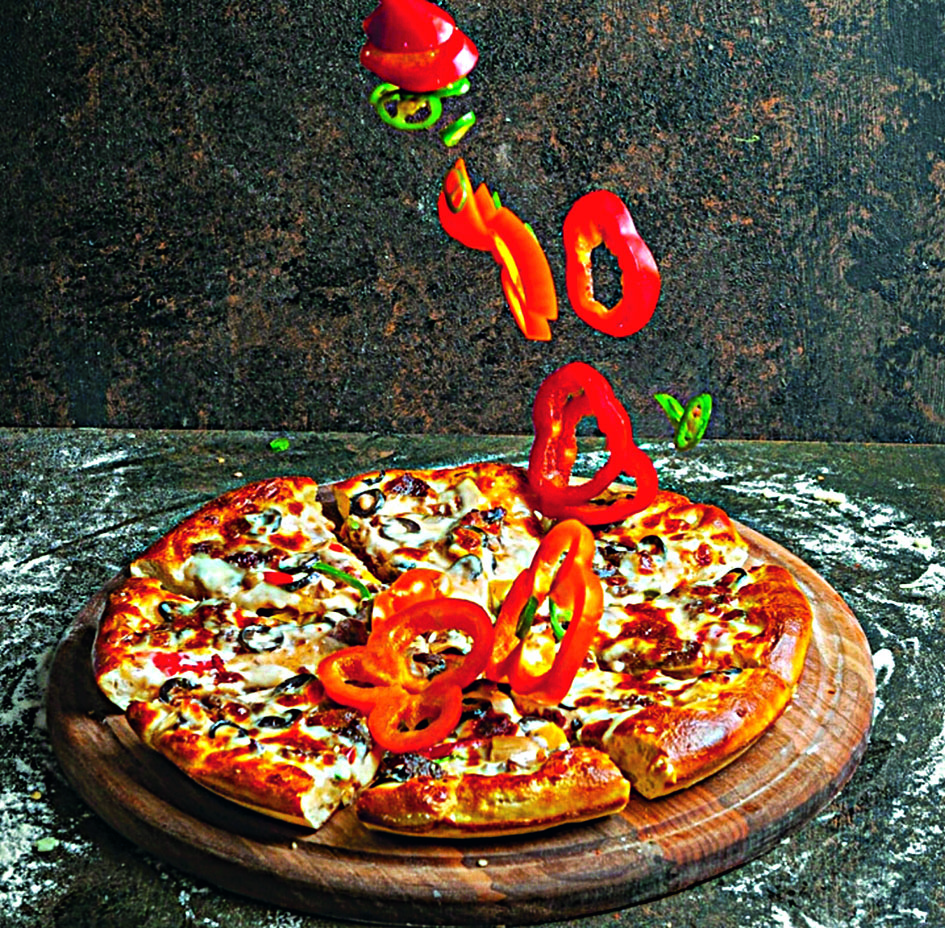The (UN)HEALTHY Food Obession
Don’t go overboard on ‘clean eats’ and ‘organic food’ because even the cleanest diets can sabotage your weight-loss goals when calorie intake isn’t kept in chec

In the age of wellness influencers and Insta-gram-worthy salads, the term “clean eating” has become synonymous with health, fitness, and self-discipline. Organic granola, cold-pressed green juices, and bowls of avocado-topped quinoa have become staples in the diets of health-conscious individuals across the globe. But what happens when those well-intentioned choices start leading to an unexpected outcome—weight gain? It turns out that even the cleanest diets can sabotage weight-loss goals when calorie intake isn't kept in check.
Healthy Food Trap
“People often assume that because something is labelled organic or ‘all-natural’, it’s automatically good for weight loss,” says Natasha Rane, a registered dietitian and nutritionist, “But healthy doesn’t mean low-calorie, and that’s where many people get misled.” Take almonds, for instance. Rich in protein and healthy fats, they’re a popular clean snack. But just one small handful can pack 160–200 calories. Multiply that by a few handfuls during the day, and it’s easy to see how the numbers can add up quickly. “Smoothies are another common culprit,” Rane adds. “A homemade smoothie with fruit, almond butter, chia seeds, and oat milk might seem like a smart choice. But without measuring ingredients, you could be drinking 600 or even 800 calories in one go.”
Calorie Count
While clean eating promotes the consumption of whole, minimally processed foods, it often overlooks a basic principle of nutrition: calorie balance. Simply put, if you consume more energy than your body uses, you’ll gain weight—regardless of whether that energy comes from a donut or a sweet potato.
“Your body doesn’t care if the calories are coming from kale or cookies—it will store the excess all the same,” says Junaid Khan, a personal trainer, “I see clients every week who are frustrated. They say, ‘I’ve cut out junk food and I’m still gaining weight.’ When we dig deeper, it’s often a case of eating too much of the 'good stuff.”
Psychological Effect
There’s also a psychological element at play. When people label certain foods as “clean,” they tend to give themselves permission to eat more of them, assuming there’s no downside. “It’s called the health halo effect,” explains Poonam Chand, a behavioral nutritionist. “If something is perceived as healthy, people underestimate its calorie content and are more likely to overconsume. They think, ‘It’s just avocado toast—I can have a second helping.’ But that toast could be over 500 calories per slice, depending on how it’s made.”
The Right Balance
So, how can health-minded individuals avoid the clean eating trap? The key, experts say, is mindfulness and education. Being aware of portion sizes, understanding the calorie content of healthy foods, and listening to hunger cues can make a significant difference. “You don’t need to count every calorie, but portion control is crucial,” says Khan “Use
smaller plates, measure ingredients when making smoothies
or trail mix, and don’t snack mindlessly—even if it’s just cashews or dates.”
Rane agrees, adding that balance should always be the goal. “There’s nothing wrong with eating clean. In fact, it’s great for your overall health. But the goal should be mindful eating, not just swapping chips for kale chips and thinking you’re in the clear.”
Clean Eat Bytes
The clean eating movement isn’t going anywhere, but its definition may be shifting. More nutritionists are calling for a focus on whole-body wellness rather than rigid food rules. “Instead of labeling foods as clean or dirty, I encourage clients to think in terms of nutrient density and energy needs,” says Rane. “Enjoy your avocado toast, but know how much fuel your body actually requires.”
Ultimately, whether you’re eating a superfood salad or a slice of pizza, balance and moderation are what truly define a healthy diet. If you've been sticking to clean eating and still not seeing the results you want, it might be time to reassess not what you're eating, but how much. Even health foods come with a price tag—in calories—and ignoring that fact could be the reason your jeans feel a little tighter. You can overeat anything—even kale chips!

